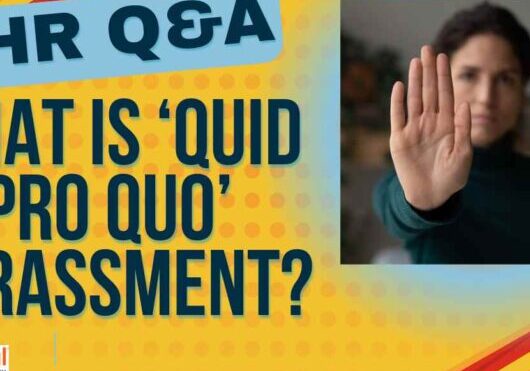Child Labor Laws – Is the Department Of Labor Cracking Down?
by Paul Devlin
Yes. In a significant move to protect children across the United States, the Department of Labor (DOL) has intensified its crackdown on violations of child labor laws. As reports of illegal child employment continue to surface, the DOL is reinforcing its commitment to safeguarding the rights and well-being of minors.
Extent of Violations and Impact on Children
According to recent data from the DOL, incidents of child labor law violations have been alarmingly high. In 2023 alone, the department identified over 8,000 cases where businesses were found employing minors in hazardous conditions or beyond legally permitted hours. These practices not only rob children of their education and childhood but also expose them to dangerous environments that can lead to serious injuries or long-term health issues.
Advocacy Perspectives
Representatives from organizations advocating for children’s rights have applauded the DOL’s recent actions but stress that more needs to be done. Emma Johnson, Director of the National Child Labor Committee, emphasized the importance of community involvement in identifying and reporting abuses. “Child labor is a multifaceted issue that requires a comprehensive approach. While enforcement is crucial, we must also focus on education and support for affected families,” she stated.
Real-World Examples and Statistics
One notable case involved a major agricultural firm in California, where inspectors found over 100 underage workers performing strenuous tasks under extreme conditions. Many of these children reported working up to 14-hour days with minimal breaks, severely impacting their physical and mental health.
National statistics highlight the broader implications of child labor:
- According to the DOL, children employed illegally miss an average of 22 school days per year.
- The Centers for Disease Control and Prevention (CDC) reports that child laborers are significantly more likely to suffer work-related injuries compared to adult workers.
Penalties
The DOL has also shifted their means of assessing civil money penalties for child labor law violations. In the past, penalties were issued on a per employee basis, meaning if the three minor employees were subject to a FLSA violation four times, the employer would be assessed three violations, one for each employee. The DOL has shifted from a per employee method to a per violation method. This method also applies to required record-keeping, including maintaining records of minor employees’ dates of birth. Every missing record will be a violation, and the penalties will be assessed in the aggregate.
What Should Employers Do?
- Employers should now be preparing themselves by conducting self-audits of child labor compliance
- Record-keeping should be complete for every minor employee
- No minor employees should be performing tasks that have been deemed hazardous by the DOL
- Human resources employees or office managers who have minor employees working in the field or in the shop are advised to go to the worksite and observe the work of minor employees to ensure it is not hazardous and that it complies with child labor laws
- Timecards should be checked to ensure employees are not working outside of permitted hours
- Employers should familiarize themselves with their state child labor laws, as many states do have laws regarding child labor that are more restrictive and provide more protection for the employee
While the crackdown by the Department of Labor marks a significant step forward, the fight against child labor requires collective action. By raising awareness and supporting legislative and community efforts, we can work towards eradicating this grave injustice and ensuring a safer, brighter future for our children.
For more information on how you can help, visit the Department of Labor’s website or local advocacy groups committed to ending child labor.
This article does not constitute legal advice. For additional information please also reference related articles in your APlus HR resource center or ask your friendly APlus CSS about our On-demand HR live advice line where, for a small fee, you can be connected to a certified HR advisor.



